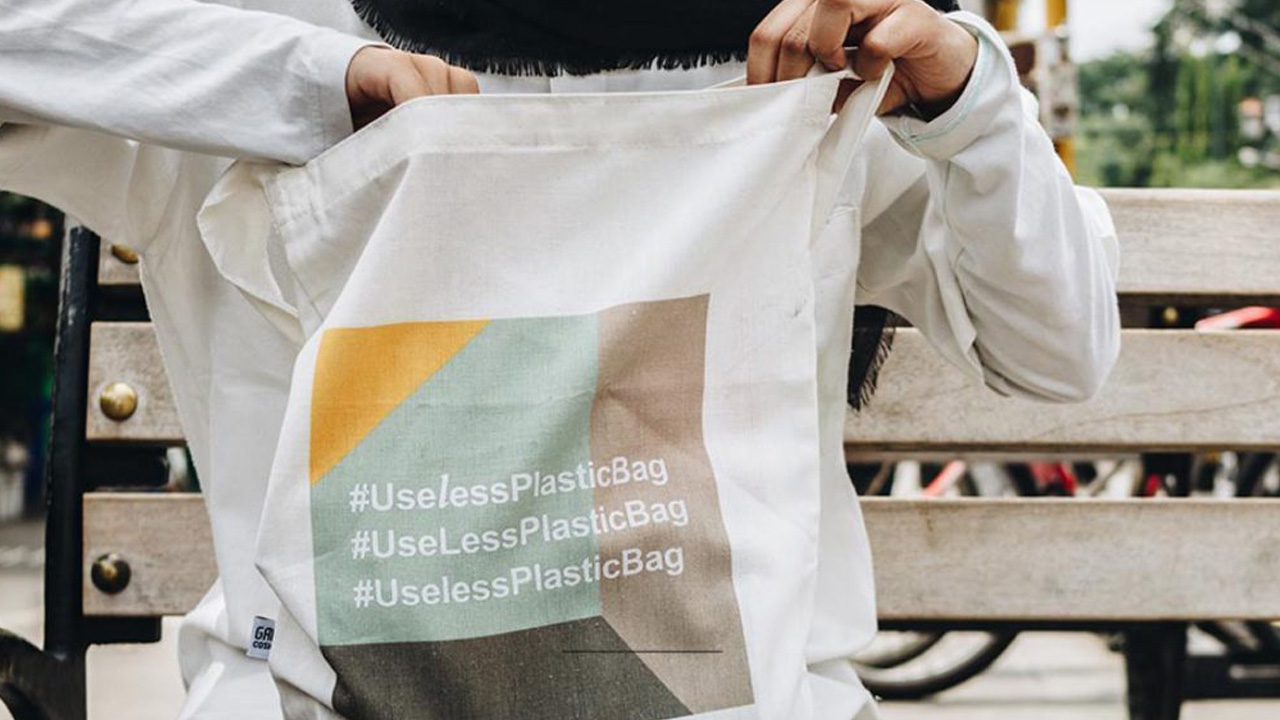

Every day there are more video of divers swimming through an ocean of plastic waste and with Indonesia being the largest archipelago in the world, sadly some of those videos originated right here. Back in 2015, it was predicted that the ocean would hold three times the amount of plastics over the next 30 years. While that is a long time for people to take actual notice, the recent reports of climate change and the fact that Indonesia has four of the most polluted rivers in the world in relation to plastic content feels a little closer to home.

Other countries with strong connections to the ocean have tried to reduce the amount of plastic waste. In Japan they have incorporated technology to produce the most efficient and effective way of recycling plastic in the world. The country has made reductions in straws, bags, plastic packaging and drink bottles. Norway prides itself with an unarguable success for recycling over 97% of all plastic drink bottles in the country. An impressive 92% of these have been recycled to such a high standard that they have been turned back into drink bottles. This means most bottles that are being used today have been recycled over 50 times, with only 1% ever making it as waste.
Japan and Norway are only two coastal countries looking to change things, and now some in Indonesia are trying to do the same. Waste management is a major priority for Indonesia as Jakarta, the capital city, produces up to 7,500 tons of waste each day. This has pushed other cities to attempt to set an example, no matter how small.
Right here in Yogyakarta, the Gaia Cosmo Hotel has stopped using something as common as plastic straws and is offering reusable shopping bags to their staying guests. Plastic straws make up a large percentage of the waste in many of the street in Java and by stopping the use of them the city will really benefit. Others are taking notice and pushing for a #SayNoToPlastic movement.
To tackle the larger amounts Yogyakarta’s Environment Agency, with the help of private donors Russel Maier, Ani Himawati and the Independent Recycler Networks reutilise plastic waste by recycling them into environmentally-friendly bricks, called ‘ecobricks’. These ecobricks are used to revitalise older buildings and build newer ones while keeping the plastic off the streets and out of local fires.

With art being at the beating heart of the city, some have even used the recycling of plastic to make furniture and sculptures. At T Vintage and Recycled Art Kasongan, Yogyakarta, you can shop or admire the uniquely made vintage recycled art. Started in 2011 by James Silalahi, this unique art store uses unused oil drums found locally around Bantul area.

These small actions can really have larger effects especially when it gains support from other people in the area. All of this shows how Yogyakarta wants to be seen by the world with regards to recycling. The idea of every little helps can also carry on in your household with a more cautious use of plastics in your everyday life. Using reusable straws or just taking your own bags to the supermarket can make a difference and gets you started on the path to reducing you plastic footprint on the world. Who knows maybe someone will take notice and be inspired to make their own difference.